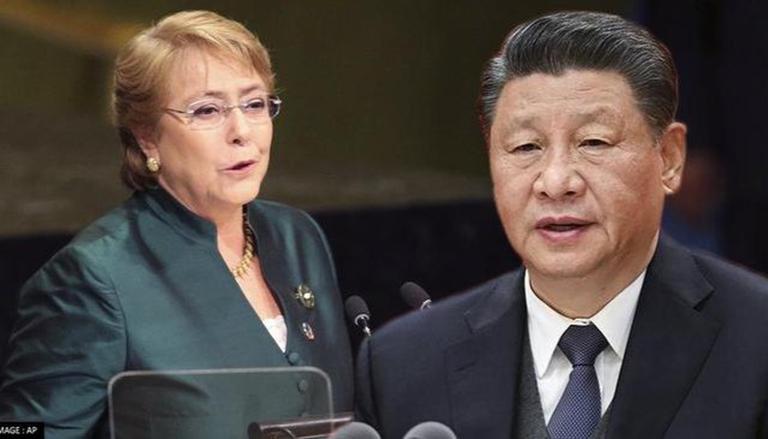Chinese extreme nationalism could work anti for its problems
Beijing, China: Xi said the country is doing better than rest but the actions of the country do not match with the statement as Taiwan China tensions are on the rise amongst other issues.
With tensions simmering in the Taiwan strait, the Chinese President is facing a mammoth challenge as his response to the situation is not just about catering to Chinese nationalist sentiments but also managing the economic costs and diplomatic fallout with the US.
Xi continues to struggle in figuring out a way to deal with the recent US House Speaker Nancy Pelosi’s visit to Taiwan which has riled up China. This is a politically sensitive time for Xi as he faces a 20th party congress which is fast approaching.
Writing for The New York Times (NYT), columnist Li Yuan contended that Xi Jinping has tried to imbue its people with confidence and told the younger generation that the second largest economy can finally look at the world as an equal.
Declaring that the East is rising, and the West is declining, the Chinese chairman has told his people to be proud of its culture, its governance system and its future as a great power.
NYT’s Li argues that much of that pride is well placed but it also breeds cockiness. These strong beliefs have also given a boost to extreme nationalists who trumpet Chinese superiority, and who are now urging military confrontation with Taiwan after Speaker Nancy Pelosi’s visit.
“And in the context of the U.S.-China rivalry, this tendency toward overconfidence could also prove to be a weakness for Beijing, blinding it to its own challenges. It could be a blessing for the United States, if it can get its act together,” she says.
China’s college students needed to learn more about the world, said Yan Xuetong, a professor of international studies at Tsinghua University, at a Beijing conference in January.
They often have a binary view, believing that “only China is just and innocent while all other countries, especially the Western countries, are ‘evil,’ and that Westerners are bound to hate China,” he was quoted as saying by NYT.
According to the report, Chinese students usually have a very strong sense of superiority and confidence in international relations and often treat other countries with a condescending attitude.
Professor Yan stated that they use “wishful thinking” in international affairs, believing that it’s very easy for China to achieve its foreign policy objectives. They also tended to believe conspiracy theories and other unsubstantiated opinions found online, Yan added.













